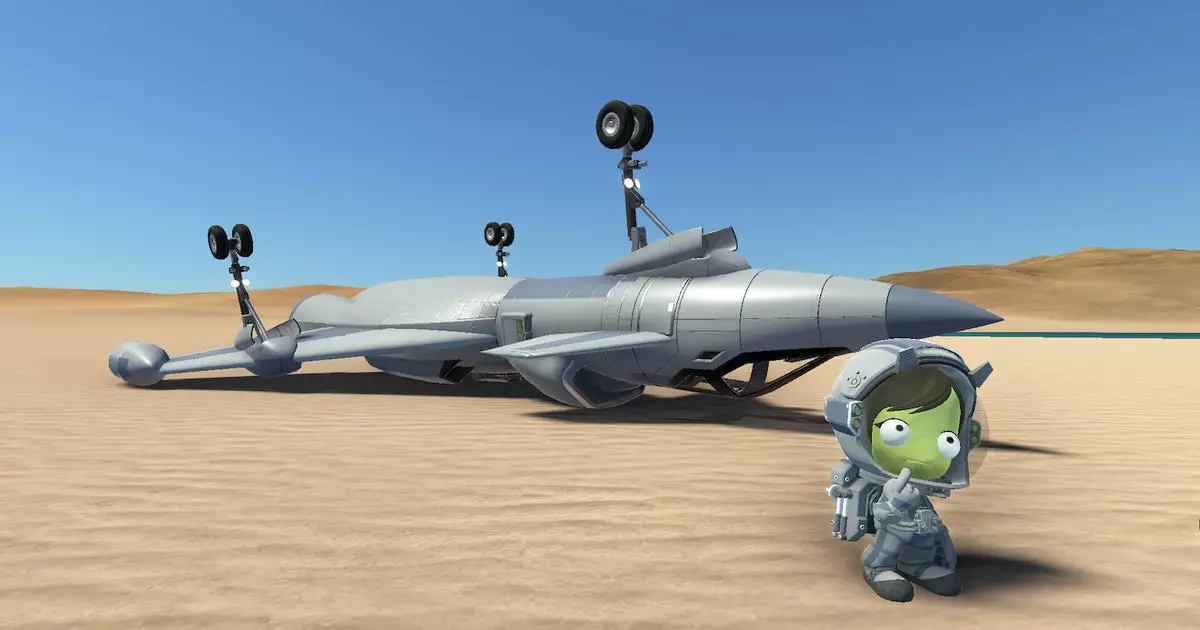In a surprising yet not entirely unprecedented move, Take-Two Interactive, a giant in the gaming industry best known for its flagship franchises like Grand Theft Auto (GTA), has opted to divest its publishing label, Private Division. This decision signals a noticeable shift in the company’s strategy, focusing primarily on larger, proven franchises rather than nurturing smaller, independent projects. The choice has far-reaching implications, not only for Take-Two but also for the broader gaming landscape as corporate priorities shift.
Take-Two’s sale of Private Division, which encompassed multiple live and unreleased titles, is a strategic realignment aimed at concentrating resources on its core offerings and mobile gaming ventures. Karl Slatoff, the company’s president, confirmed during an investor call that the decision was made to facilitate long-term growth, emphasizing that the new ownership would continue to nurture the titles initially under Private Division’s umbrella. The announcement came amidst broader industry trends where major corporations are increasingly pivoting toward franchises with established profitability.
Slatoff’s comments about the contributions of the Private Division team reflect a nuanced understanding of the indie gaming landscape. Despite their success in nurturing innovative developers and a diverse array of projects, Take-Two’s focus appears to have shifted fully in favor of blockbuster titles with massive commercial potential. Notably absent from this sale is the action role-playing game No Rest For The Wicked, which suggests that Take-Two remains committed to a handful of promising projects but is ready to abandon others that do not align with their new focus.
The decision to shed Private Division is emblematic of a troubling trend in the gaming industry. Many companies, including prominent names such as Ubisoft, have reevaluated their portfolios in the wake of economic conditions that have not favored smaller, experimental titles. Ubisoft’s closure of the team behind Prince of Persia: The Lost Crown echoes Take-Two’s retrenchment, highlighting a broader hesitation amongst publishers to invest in “triple-I” games which blend the artistry of indie games with the production values typically seen in AAA titles.
The message from industry leaders is increasingly clear: the emphasis is now on known commodities. As Strauss Zelnick, Take-Two’s CEO, succinctly put it, the company aims to cultivate hit properties, doubling down on franchises like GTA and Borderlands. The focus on scalability and high profitability means that new IPs with the potential for significant revenue generation will likely be prioritized, sidelining smaller projects that have difficulty achieving the same level of success.
Impact on Developers and Future Prospects
For independent developers, this shift poses a challenge. The nurturing environment that Private Division provided is now gone, which leaves many without a clear path for their creative endeavors. While Take-Two’s commitment to its core brands may guarantee stability, it also raises concerns regarding the diversity and innovation within the gaming ecosystem. Smaller studios, once given room to explore creativity and niche markets, may find themselves struggling to find support amid corporate concerns over profitability.
Moreover, the decision to halt the development of games like OlliOlli World and Rollerdrome represents a significant loss to gamers who championed unique and diverse gaming experiences. While shareholders may laud the focus on major franchises, players may lament the diminishment of innovative titles that might have contributed meaningfully to the industry’s richness and diversity.
As Take-Two prepares for anticipated record earnings driven largely by its marquee titles, the broader implications of its strategy are worth considering. The gaming industry is rapidly evolving into a two-tier system where the big players dominate the market, potentially stifling creativity from independent developers. While there is no doubt that the gaming world will continue to attract massive revenue streams through established franchises, the question remains: what does the future hold for innovation and diversity in gaming? In their pursuit for profitability, giants like Take-Two risk losing the very essence of what has historically made gaming such a transformative medium. As the industry trends toward the familiar, the call for nostalgia may drown out the innovative voices that once pushed the boundaries of gaming.

